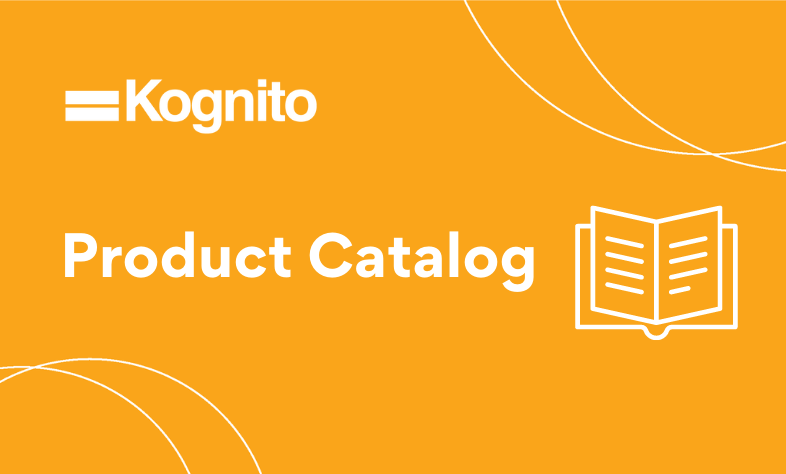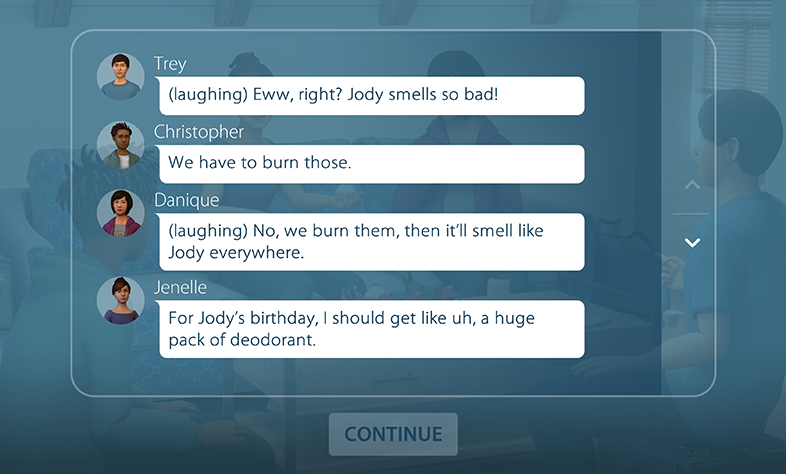Overview
Research demonstrates that when students feel a sense of belonging as well as feeling safe and connected with their school community, they are more likely to come to school, engage in the classroom, and thus have improved academic outcomes.
Friend2Friend: Bullying Prevention offers a variety of interactive learning opportunities and conversation practice to foster a student's sense of belonging and connectedness while also improving physical and emotional safety in school settings. Focusing on three key areas of relationship building, conflict resolution, and improving upstander skills, this simulation guides students in identifying and preventing bullying and creates a safe and inclusive school environment for all.
Students, educators, and staff have access to customized national, local, and school-specific resources in addition to simulation content.
The goal of Friend2Friend: Bullying Prevention is to build learners' abilities to establish and maintain relationships with diverse individuals and to demonstrate responsible upstander behaviors in school, personal, and community environments.
Learning objectives:
- Develop social awareness and interpersonal skills to establish and maintain positive relationships
- Use communication skills to elicit the perspectives of others
- Engage in strategies for maintaining constructive relationships including pursuing shared interests and activities, spending time together, giving and receiving help, and practicing forgiveness and apologies
- Appreciate diversity and build relationships with diverse individuals or groups
- Demonstrate responsible upstander behaviors in school, personal, and community environments
- Choose appropriate strategies for responding to bullying while staying safe
- Explain how to use upstander strategies using the 3 D's: Direct, Distract, Delegate
- Identify positive support people to seek out in a conflict or crisis
Evidence-based models and techniques, game mechanics, and key learning and assessment principles ensure users stay engaged and emerge with a deeper understanding of their ability to use their new skills in real life. Research shows that with experiential practice, increased emotional engagement and reflective thinking leads to stronger self-efficacy and behavior change.
Education and psychology professionals have contributed to the simulation content.
Learners receive customized feedback based on their in-simulation choices.
The simulation is available online 24/7. Users are asked to complete pre-, post-, and 3-month follow up surveys to assess changes in skills, attitudes, and behavior. Upon completion, users receive a certificate of completion. Clients have access to usage reports and evaluation data via the Kognito client portal.

Download the PK-12 Catalog
View our full catalog of simulations created to improve PK-12 communities.



